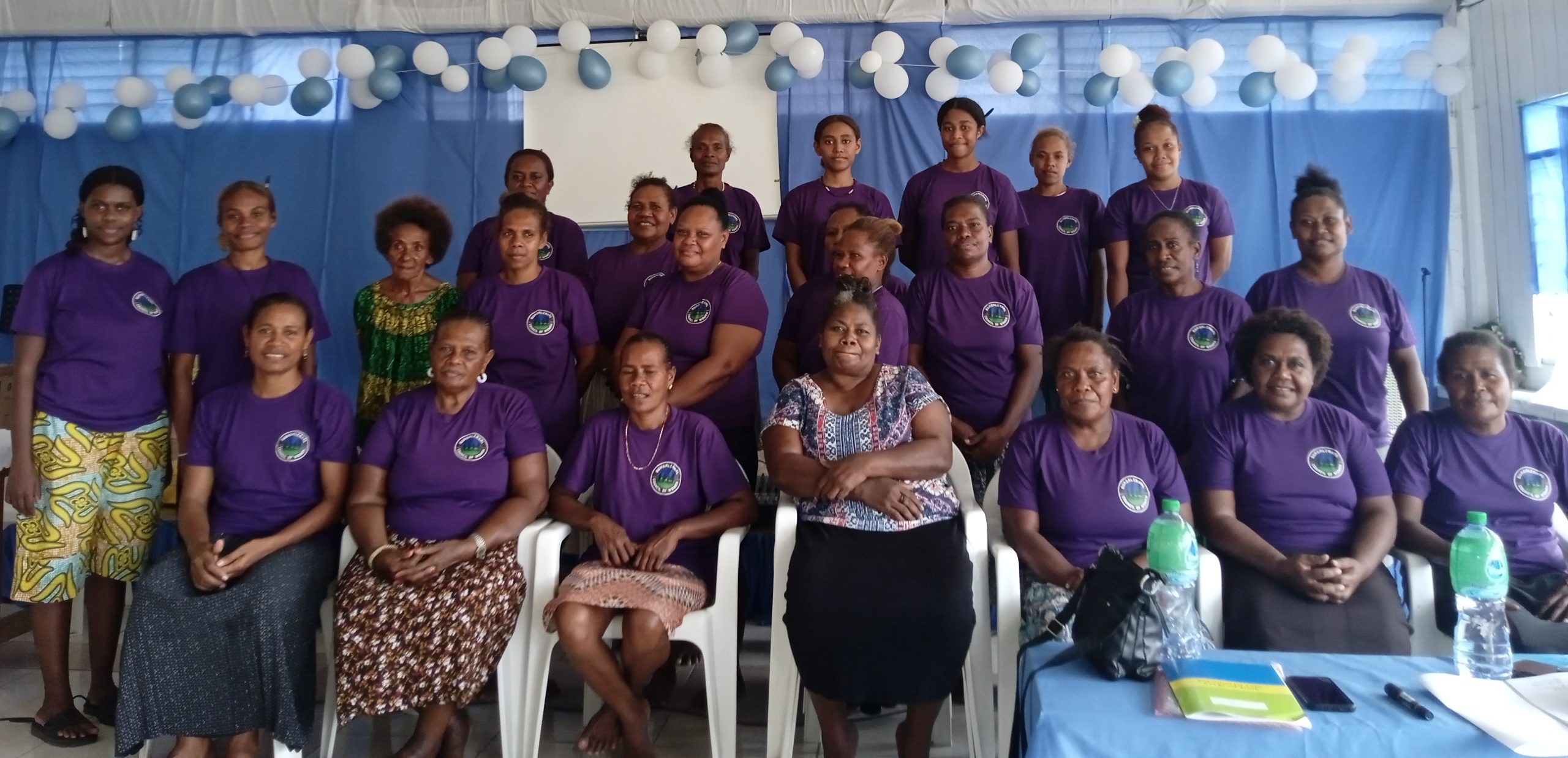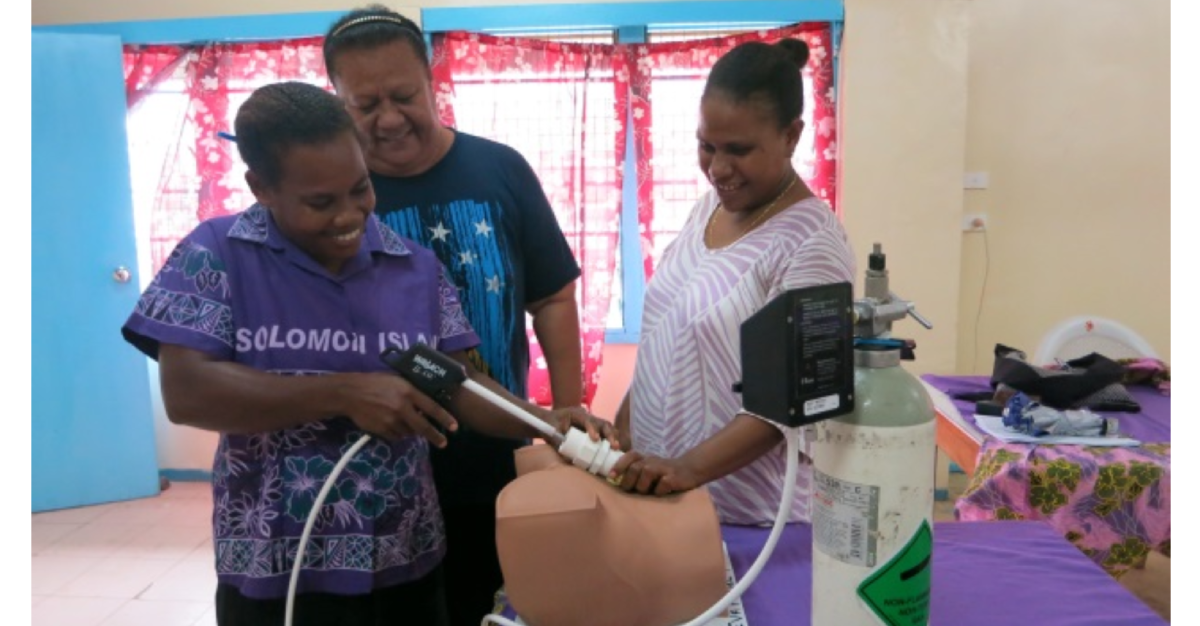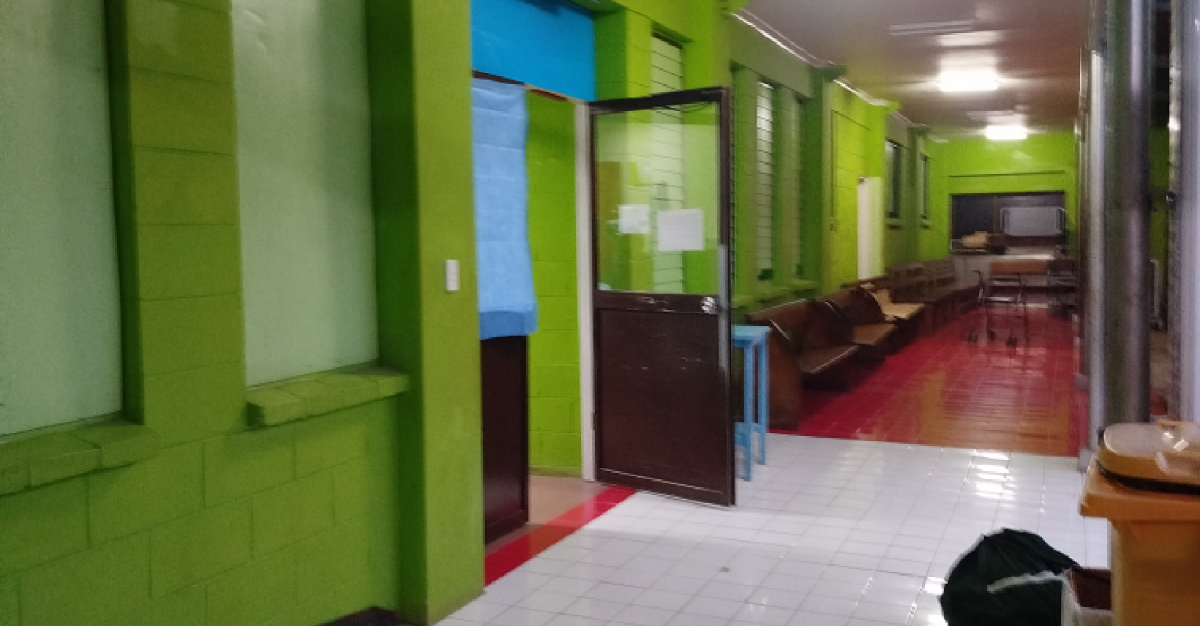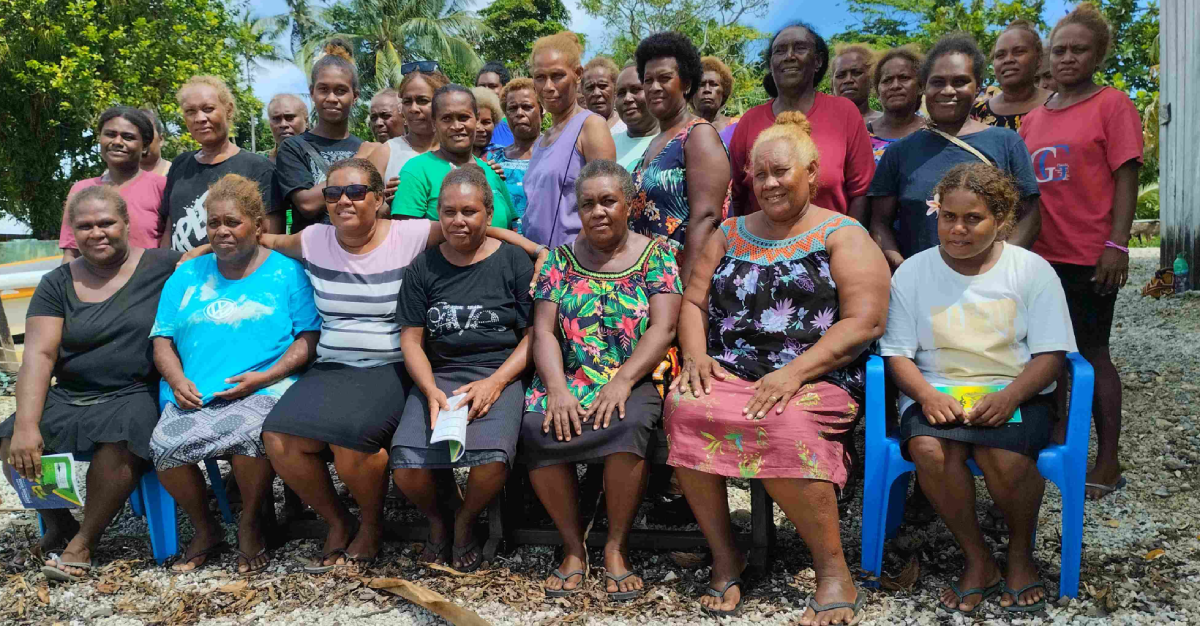The Guadalcanal Council of Women (GCW) Women Weather Watch Network successfully had a training on Gender, Leadership and Weather Watch Forum.
The event was held over two days from the 6th and 7th June at the New Hope Academy Hall, Kukum Highway.
A total of 32 participants including women and young girls participated in the informative sessions on Disaster Preparedness and Strengthening Women Capacity on weather watch, led by GCW President, Alice Hou.
Mrs. Hou emphasized the importance of women’s role in disaster preparedness which is very important as they are the ones who usually respond first in the small scale of Gender needs and analysis and implementing gender in times of preparation, protection and recovery in times of crises.
The training is an additional to a previous training way back before the Covid-19 pandemic where a similar training was conducted for Guadalcanal Ward level.
From that training, it was observed that the traditional knowledge needs to be passed down to the young generation.
“We are looking at traditional knowledge and resilience having needed to be passed down to the young generation,” Mrs. Hou said.
“This is very important for our young generation because they do not know some of our traditional knowledge in terms of the identifying traditional food that grow in the bush, which when disaster is encountered, these plants and fruits can be accessed and eaten.
“Therefore, the reason we took some young girls into this training is to pass on the traditional knowledge from the older women to the younger generation of girls,” Mrs. Hou said.
The training also focused on adaptability, which means although the sources of food security can be identified, how many of the new generation are able to eat them?
“They are healthy food, healthy wild edible plants and fruits but are missed out because people do not know they are edible,” Mrs. Hou said.
She added, with regards to this, there is also the issue of intermarriage, which a girl/woman from another village or province marries into the village but does not know that certain plants or fruits are edible.
“When disaster strikes, you need to know what is available to eat and how to prepare them,” she said.
As part of preparedness, all participant were given a radio piece each as an identified necessary asset for disaster preparedness and management.
Mrs. Hou said, they are anticipating future training on Preservation Component which will come out of this training as at the moment they are just introducing the few that is available but the capacity for that will come on later.
She expressed her heartfelt gratitude to the Australian people and government for helping their network through the Australia Solomon Islands Partnership (ASIP) under the component of Civil Society Strengthening Program of Solomon Islands.
By AGNES MENANOPO
Solomon Star, Honiara





